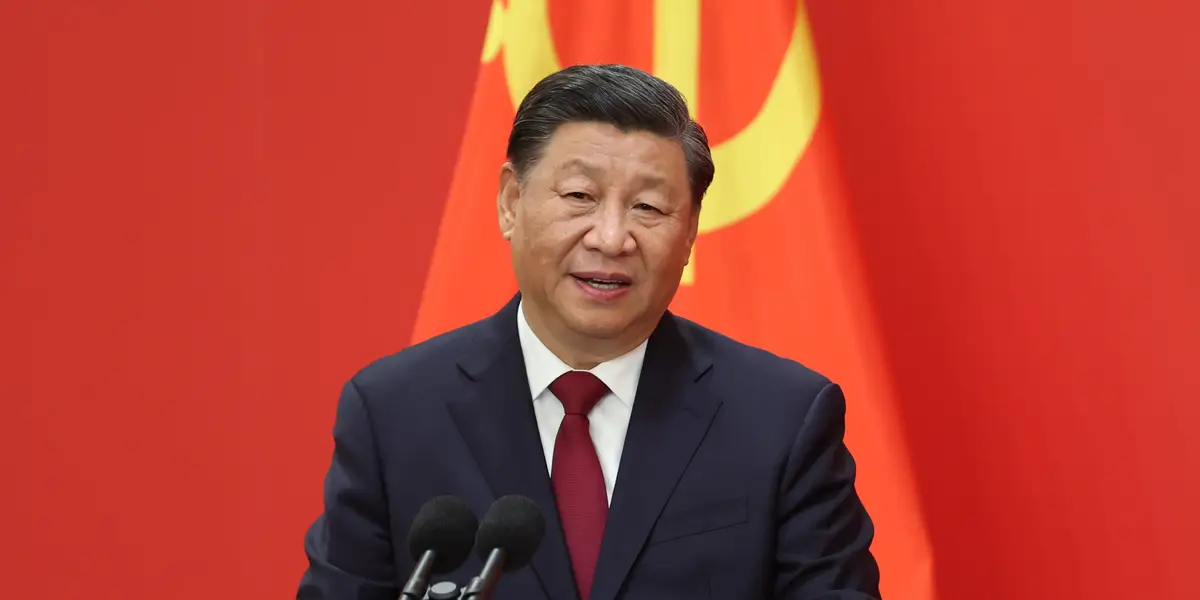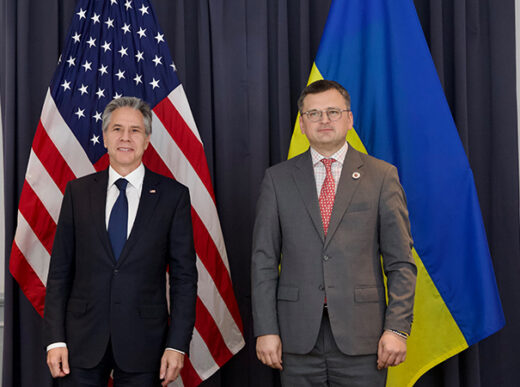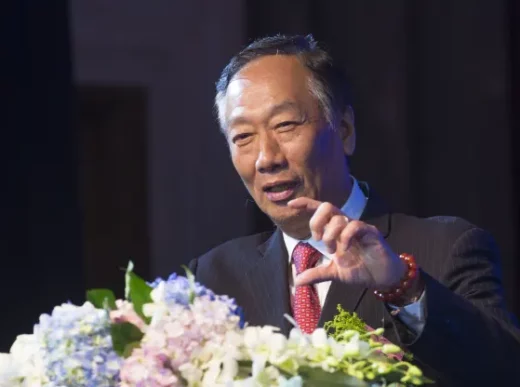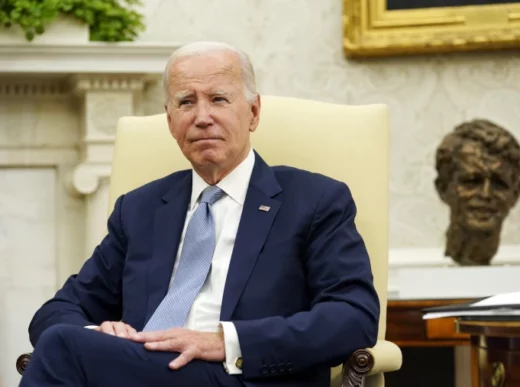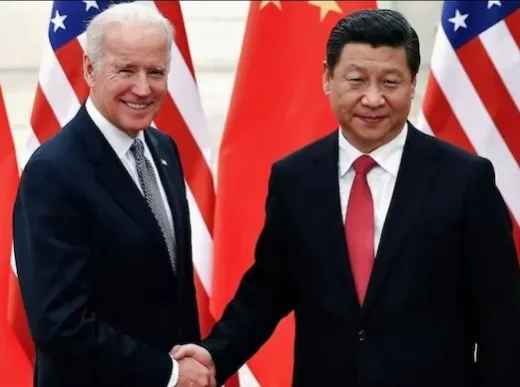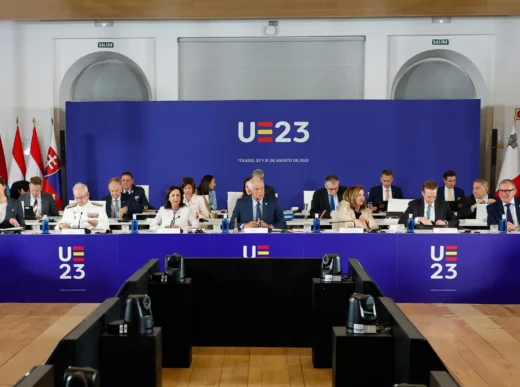Chinese President Xi Jinping’s visit to South Africa takes center stage as he seeks to consolidate Beijing’s influence among emerging and developing nations. Against the backdrop of economic challenges and strained relations with the United States, Xi’s three-day state visit holds immense strategic significance. This visit marks his second international trip this year, a departure from his pre-pandemic era of extensive diplomatic engagements.
Diplomacy and Strategy: Uniting BRICS for a Multipolar World
President Xi’s trip to South Africa includes a summit with the leaders of the BRICS emerging economies – Brazil, Russia, India, China, and South Africa. This summit holds particular importance as it marks the bloc’s first in-person meeting since the pandemic outbreak. The collective influence of BRICS, representing over 40% of the global population, lends weight to their shared vision of a multipolar world. In an international environment where global governance is in flux, BRICS emerges as a platform for cooperation and dialogue among nations that seek greater influence and fairness.

The Vision and Ambition: China’s Ascent and Engagement
Xi’s diplomatic strategy transcends immediate competition with the US. Rather, it focuses on reshaping the world order into a Sino-centric one. This endeavor necessitates engagement with the Global South, characterized by its numerical strength and predominantly authoritarian governance structures. This outreach enables China to build a coalition of nations that align with its ambitions for a new global order.
As the traditional global governance system faces challenges and shortcomings, the importance of BRICS as an avenue for cooperation among emerging and developing nations grows. Ambassador Chen Xiaodong emphasized BRICS as an essential platform for fostering international fairness and justice, presenting a counterbalance to the current state of global governance.
Global Rivalry and Chinese Priorities: A Delicate Balance
Xi’s visit to South Africa comes in the wake of US President Joe Biden’s meetings with Japan and South Korea, reflecting an effort to counteract China’s growing influence. Amidst the escalating rivalry between China and the US, the significance of BRICS amplifies, serving as a means for China to enhance its strategic position.
However, President Xi’s ambitions face challenges on the domestic front. The Chinese economy’s struggles, exacerbated by the pandemic, have impacted Xi’s ability to engage in extensive diplomatic overtures. The economic constraints limit China’s capacity to offer generous aid and cooperation deals to developing countries. The country’s economic downturn also prompts public scrutiny of China’s overseas spending, particularly regarding projects like the Belt and Road Initiative.
Strategic Resilience: Navigating Challenges and Opportunities
Despite these challenges, China continues to engage strategically. In response to the economic slowdown, China is pursuing more targeted foreign projects, focusing on political and military engagement in regions like Africa. This includes increased party-to-party engagement, the establishment of Confucius Institutes, and military training initiatives. These efforts, while cost-effective, allow China to maintain a visible presence and showcase its commitment to strategic engagement.
Xi’s visit to South Africa marks his first trip to Africa in five years. While not as extensive as previous trips, this visit underscores the strategic importance of engaging with emerging nations and strengthening alliances within the BRICS bloc. As geopolitical dynamics evolve, China’s diplomatic strategies continue to adapt, reflecting both its ambitions and the challenges it faces on the global stage.
